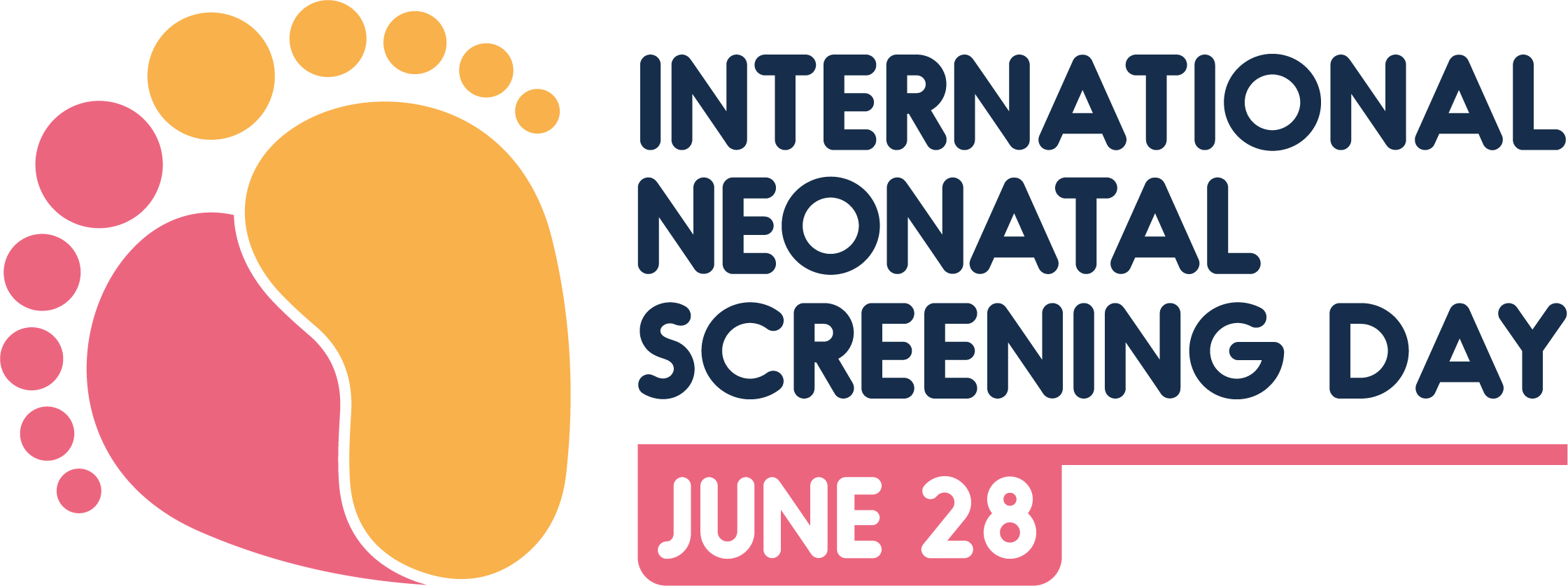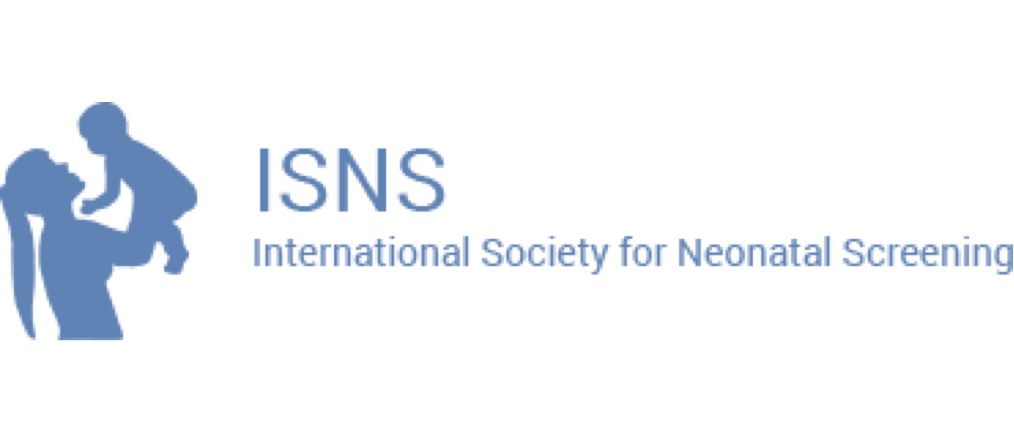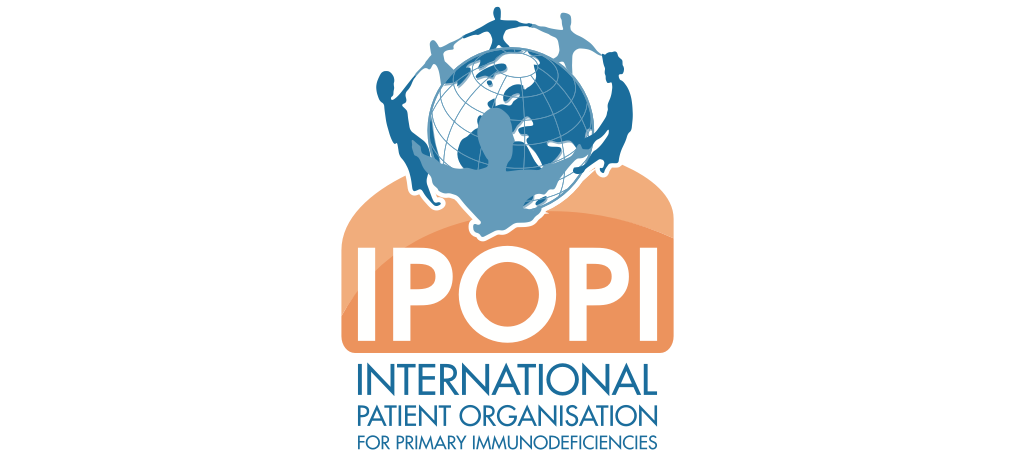INTERNATIONAL NEONATAL SCREENING DAY
June 28
INTERNATIONAL NEONATAL SCREENING DAY
June 28
Let’s celebrate insd together
-
Neonatal screening is a game changer in access to timely diagnosis and appropriate treatment for children suffering from serious and sometimes life-threatening disorders.
-
The INSD is a unique opportunity to raise awareness throughout the world about the importance of neonatal screening to speed-up diagnosis and treatment.
-
On June 28, we are celebrating the vision of those who have helped make neonatal screening possible and will, in turn, encourage a new generation of stakeholders to extend its benefits to more children suffering from a wider range of disorders.

Importance of NBS worldwide
Learn more about the Screen4Rare initiative and the importance of NBS here.
Why June 28?

June 28 celebrates Dr Robert Guthrie’s birthday (June 28, 1916 – June 24, 1995), a microbiologist who introduced the paper blood spot card and a new assay to screen newborns for Phenylketonuria (PKU) in the United States in the 1960s. His work and activities revolutionised the detection of children with inborn conditions, enabling the improvement of children’s health. Dr Guthrie dedicated his life to raise awareness of the need for neonatal screening for treatable conditions.

What is insd?
On June 28, we are celebrating the life changing benefits of early detection of diseases and the opportunities it offers in terms of early access to treatment.
We hope that the INSD will become a real stimulus to raise awareness about the value of neonatal screening, as well as encourage collaboration and the sharing of best practices to continually improve routine screening and ensure the newest scientific evidence is incorporated.
Why an INSD?
What does neonatal screening mean for patients?
Timely access to diagnosis, treatment and care!

Whilst some conditions, such as phenylketonuria (PKU) or congenital hypothyroidism (CH) have long been implemented in many national neonatal screening programmes, others such as severe combined immunodeficiencies (SCID) or spinal muscular atrophy (SMA), have been gaining growing attention in the past decade, with new advanced therapies becoming available.
About the founders
The INSD is an initiative led by the International Society for Neonatal Screening (ISNS), the International Patient Organisation for Primary Immunodeficiencies (IPOPI) and the European Society for Immunodeficiencies (ESID), which have been working in partnership under the multi-stakeholder Screen4Rare initiative to promote the importance of neonatal (newborn) screening.




